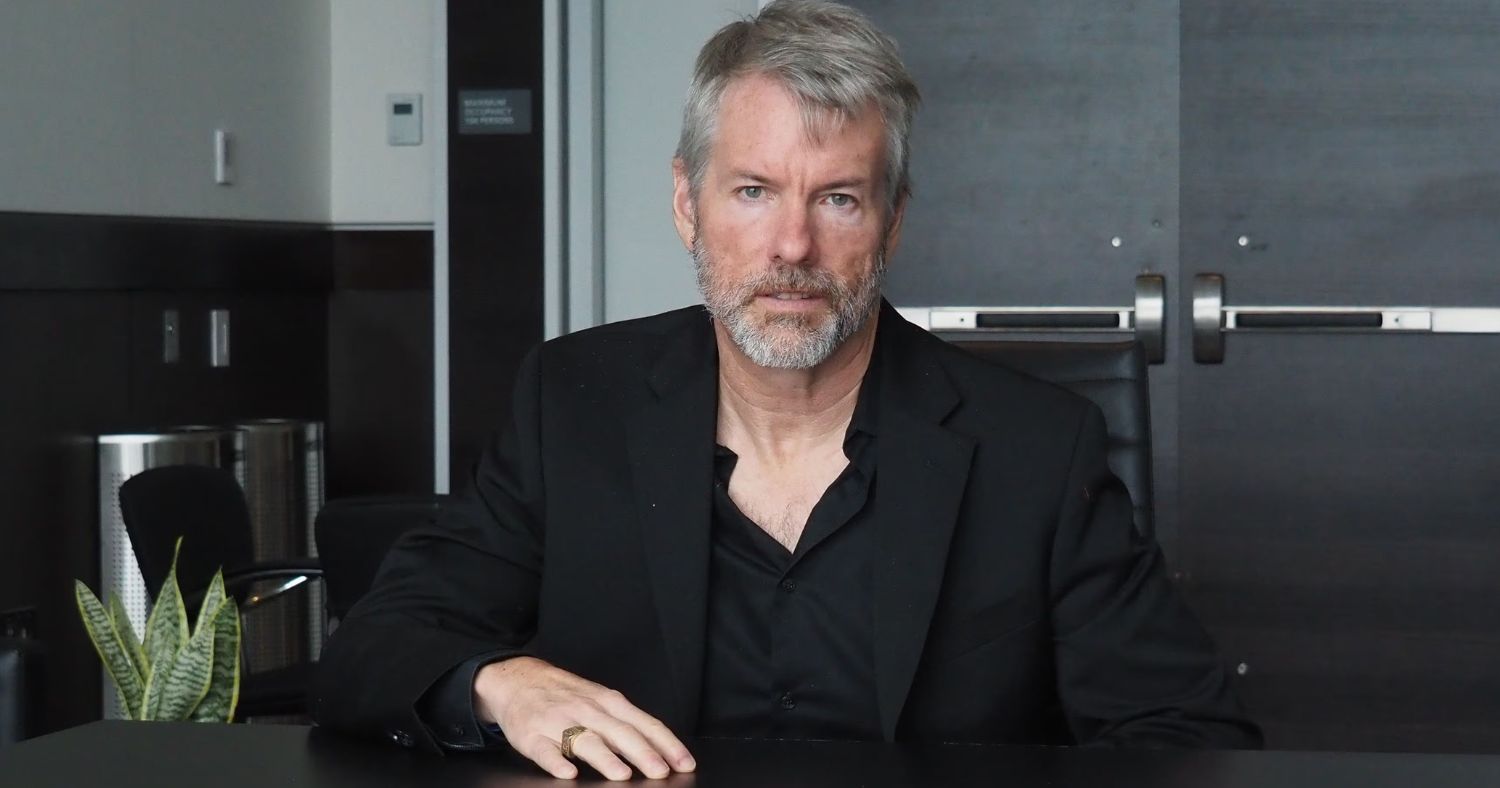In an era defined by rapid technological advancements and evolving investment landscapes, Michael Saylor, the prominent Bitcoin advocate and co-founder of MicroStrategy, continues to champion a contrarian yet compelling financial philosophy: prioritizing Bitcoin accumulation over the purchase of depreciating consumer goods like the latest iPhone. His perspective, frequently shared with a global audience, serves as a thought-provoking challenge to conventional spending habits.
Saylor’s argument hinges on a fundamental economic principle: the stark difference between assets that appreciate over time due to scarcity and utility, and those that rapidly lose value. While a new iPhone offers immediate gratification and technological utility, its resale value plummets soon after purchase. Bitcoin, in Saylor’s view, represents digital property with a fixed supply and a growing network effect, positioning it as a superior store of value in an inflationary environment.
His advocacy for Bitcoin is deeply rooted in its mathematical certainty and resistance to debasement, contrasting sharply with fiat currencies susceptible to inflation. For Saylor, exchanging hard-earned capital for ephemeral consumer electronics is a missed opportunity to convert purchasing power into a more robust, long-term asset. This isn’t merely about tech preferences; it’s a strategic shift towards wealth preservation and growth in a digital age.
The current crypto landscape underscores Bitcoin’s dominant position, commanding approximately 61,0% of the total market capitalization, with Ethereum following at around 11,1%. This market leadership, amidst a universe of over 10 million cryptocurrencies tracked, lends credence to Bitcoin’s established status as a leading digital asset. Saylor often highlights this dominance as evidence of Bitcoin’s growing acceptance and enduring appeal.
Ultimately, Saylor’s message transcends simple financial advice. It encourages a re-evaluation of personal economics, urging individuals to consider the long-term implications of their spending choices. By framing Bitcoin as a digital equivalent to real estate or fine art – an asset designed to retain or increase its value over decades – he challenges the impulse to consume and advocates for a mindset of strategic digital asset accumulation. In a world grappling with economic uncertainties, Saylor’s “Bitcoin over iPhone” mantra resonates as a bold call for financial prudence and foresight.
Disclaimer: This article is for informational purposes only and should not be taken as financial advice. Always conduct thorough research before making investment decisions.





